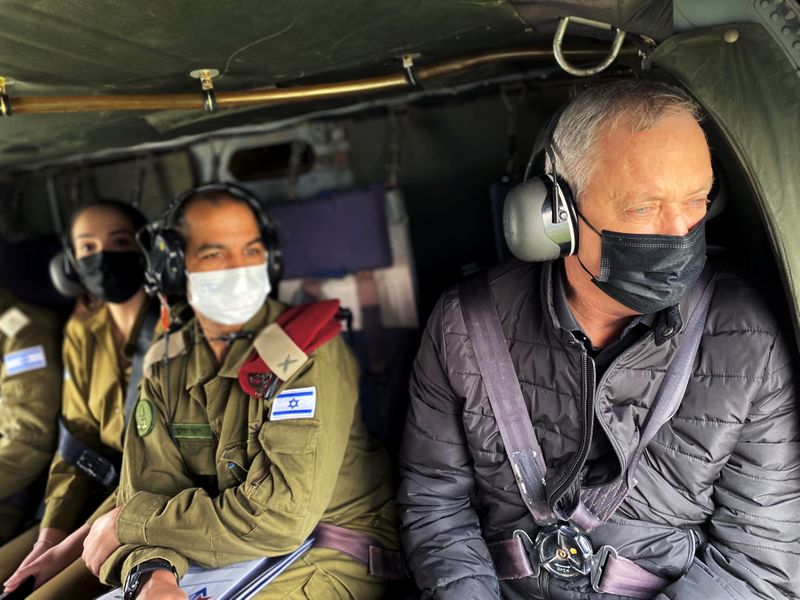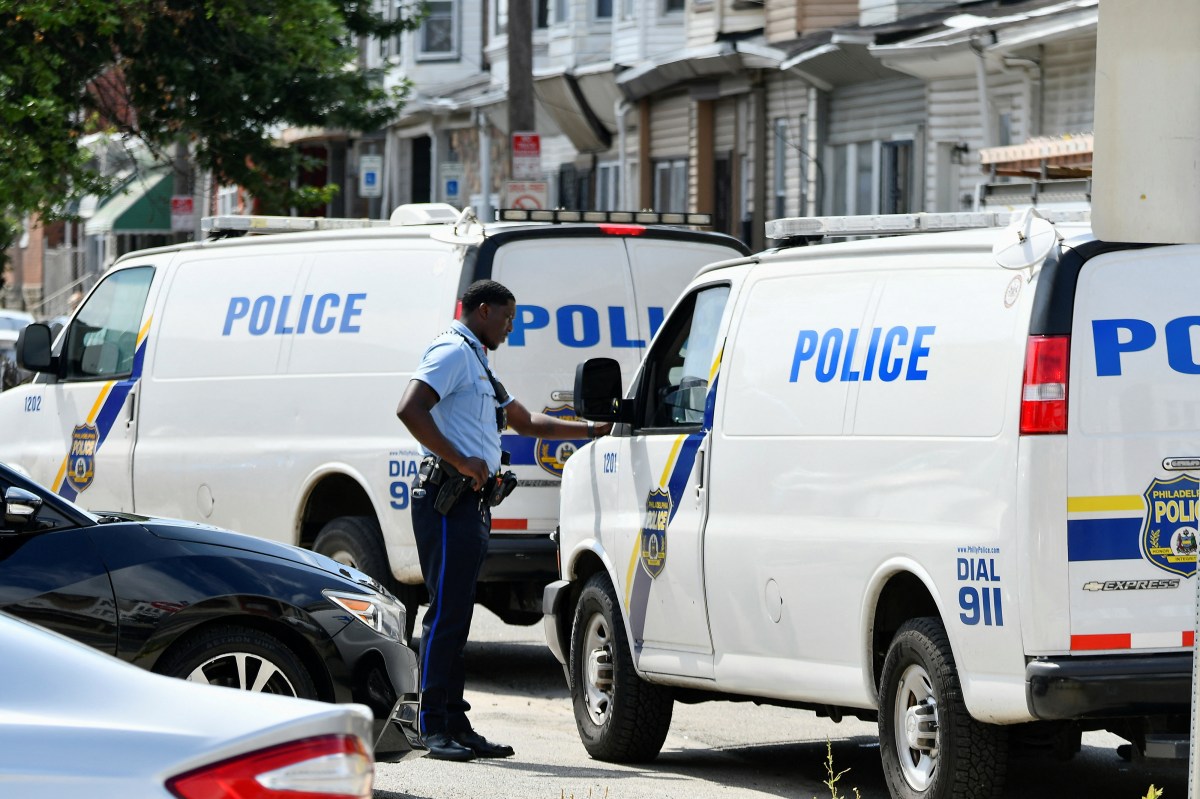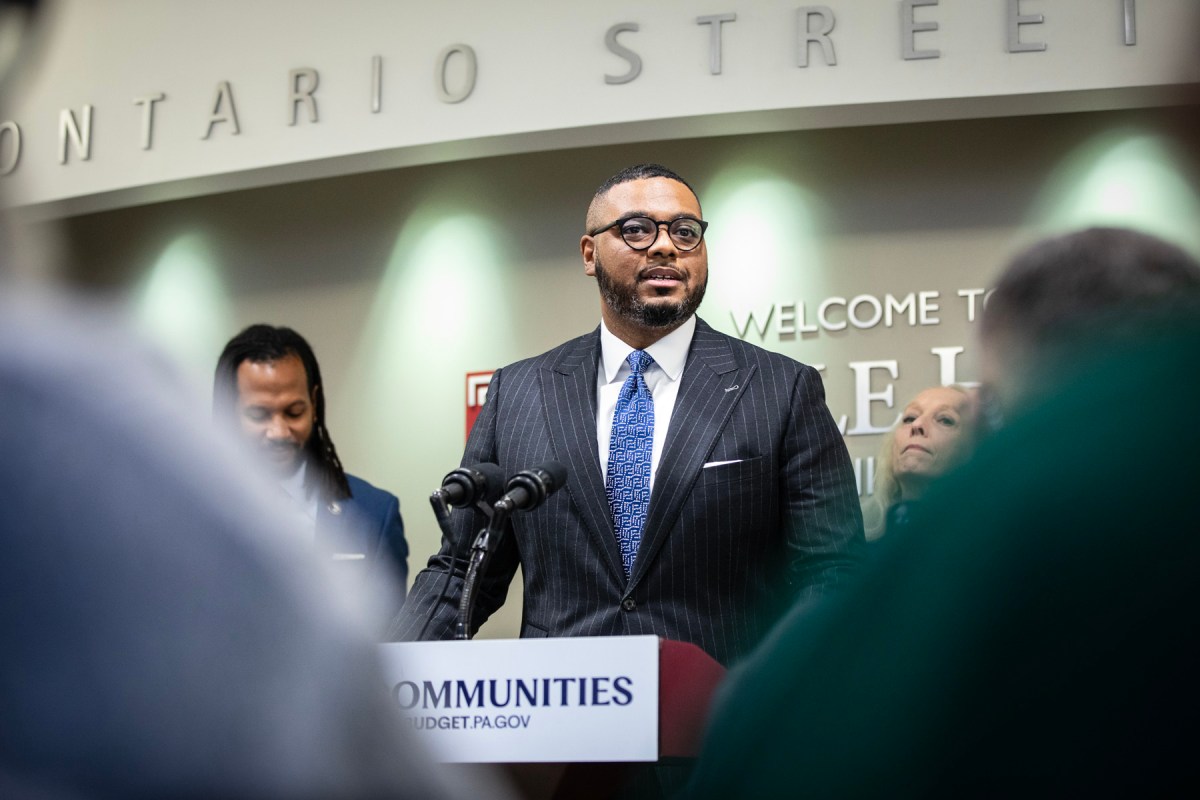KEREM SHALOM, Israel (Reuters) – Israel’s defence minister said on Tuesday it intends to develop a “special security arrangement” with new Gulf Arab allies, who share common concerns about Iran.
The United Arab Emirates and Bahrain established formal relations with Israel last year.
As part of their U.S.-backed rapprochement, Israel and the UAE have proposed defence and military cooperation. The UAE’s first ambassador to Israel met Prime Minister Benjamin Netanyahu on Tuesday, a day after taking up his post.
On a visit to an Israel-Gaza border crossing, Defence Minister Benny Gantz played down a report by public radio Kan that Israel was considering a defence agreement with Gulf Arab countries, but said security ties would be pursued.
“I don’t think it’s going to be a defence pact but we are going to develop defence relations with every country that we have relations with,” Gantz told Reuters.
“We have this process of setting up (a) special security arrangement, and within this arrangement we can continue and develop our relations,” he said. Gantz declined to go into details on what such an arrangement would entail.
He signalled that Israel had no opposition to the sale, approved during former U.S. President Donald Trump’s last days in office, of 50 Lockheed Martin F-35 stealth jets to the UAE. The deal is now under review by U.S. President Joe Biden’s administration.
Asked about the Israeli government’s view of the sale, Gantz said Israel’s “qualitative military edge” must be preserved by the United States, adding that the advanced warplane was already in the country’s arsenal.
In Jerusalem, Netanyahu met UAE ambassador Mohamed Al Khaja at the prime minister’s office and said in welcoming remarks: “We’re changing the Middle East. We’re changing the world.”
An Israeli statement said the two discussed prospects for developing regional and bilateral projects in a broad range of fields. Israel opened an embassy in Abu Dhabi in January.
Palestinians have been critical of the rapprochement, worried that their own unmet goal of statehood in Israeli-occupied territory might be sidelined.
(Writing by Jeffrey Heller; Editing by Angus MacSwan and Mark Heinrich)





















